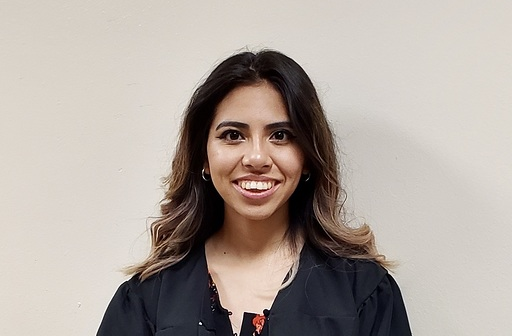“Write a Java Script program for a game of craps.”
“Write an essay about World War I.”
Ask ChatGPT to do your homework, and it will with at least average quality results. Students have long struggled to scrape by in exams, lengthy assignments and extracurriculars. ChatGPT could prove to be the sole reason a student passes a class or can serve as a tool that reinvigorates the fundamentals of learning.
ChatGPT is an AI chatbot that “can generate human-like text based on the input it receives, allowing it to converse, answer questions, summarize, translate and perform other natural language tasks.”
The chatbot generated the last sentence you just read after we asked it, “can you explain what you are?”
ChatGPT continues to refine its results as it’s given more instructions and details by the user. In a given conversation, it stores the information provided to tailor the results — this is part of what makes it so captivating.
I gave ChatGPT a coding assignment with all of the original instructions. I then added instructions to complete the same assignment in different formats, and it did.
I also gave it broken code and the system explained why it was wrong and fixed it. This is where I started to feel worried.
I began to understand the concerns some professors have. How do they teach, and how do we learn?
Students have lacked the incentive to learn since the inception of education, as demonstrated through institutional funding and opportunity discrepancies. Education preaches the value of equality, but, in practice, unequal access to resources interrupts learning.
AP exams, SAT prep and academic rigor vary across the nation, increasing the susceptibility to falling through the cracks of a system that promotes the mimicry of learning as opposed to the real thing. Memorization for the purpose of raising test scores does not equate to learning.
The rise of ChatGPT could widen the gap between education and learning — or it could bridge the two.
This software leads us to question how we should approach learning. Could it fundamentally rearrange and reestablish a flawed system?
Memorization and regurgitation is enough to carry many students through grade school. However, this is not true for college. Critical thinking and learning are essential in higher education, and the practice of learning is often suppressed.
Many students fall into a pattern where deadlines become their guidelines. Every breath of fresh air is followed by the next due date, which can limit the desire, eagerness and energy to learn.
ChatGPT could operate at the intersection of learning and education if perceived as a tool to supplement understanding rather than a threat.
It is exceptional at producing explanations that could be simplified or become increasingly complex. It can even give you feedback on your essay. (I know because I asked it to give me feedback on this column.)
This software can act as training wheels for a lesson, helping students understand content conceptually. ChatGPT can alleviate Professors’ flooded office hours as well, as it can answer student questions about content.
This is not to say, however, that we should blindly trust the service. ChatGPT has its limitations and issues. It should be questioned just as much as authors, arguments and sources to validate the results.
If educators and students work with ChatGPT and are sure to verify the information it provides, they could produce a transparent back-and-forth approach to learning. If a student chooses to use the software, it should be communicated to and verified by a professor. This reaffirms a professor’s knowledge and a student’s learning with mutual understanding.
Conversely, treating ChatGPT like a threat is ineffective. Banning the software in academic settings will only push students to seek out similar AI, which are becoming more common. A ban would also be difficult to enforce, as students will find ways around it.
While ChatGPT is certainly impressive, AI of this sort isn’t entirely new. Before ChatGPT, we had essay-writing programs and paid essay writers. Programs to detect cheating and ChatGPT usage have already surfaced and can function to monitor the extent to which somebody utilizes the service.
ChatGPT is convenient and free. We live by convenience, and ChatGPT is the self-checkout line of life. The ease of access to information should not be treated as a hindrance but rather a reason to promote learning.
With or without AI software like ChatGPT, the possibility of plagiarism and cheating is perpetual. We should try to harness ChatGPT’s power instead of stifling it.
ChatGPT’s simplification of information is an asset to guide confused students and should be seen as an opportunity for academic institutions to reassess an element of education that has always been criticized.






Comment policy
Comments posted to The Brown and White website are reviewed by a moderator before being approved. Incendiary speech or harassing language, including comments targeted at individuals, may be deemed unacceptable and not published. Spam and other soliciting will also be declined.
The Brown and White also reserves the right to not publish entirely anonymous comments.